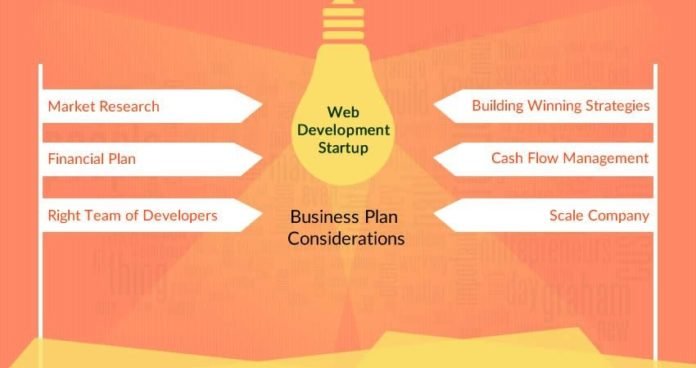Starting a new business can be an exciting and rewarding endeavor, but it also comes with significant risks and challenges. Developing a comprehensive business plan is a crucial step in the process of starting a new venture. A well-written business plan can help you clarify your business idea, identify potential obstacles, and outline strategies for success. In this article, we will discuss how to develop a business plan for a start-up or new venture.
-
Define your business idea:
The first step in developing a business plan is to define your business idea. This means identifying the products or services that you will offer, as well as your target market and the competitive landscape. To develop your business idea, consider the following questions:
- What is the problem that your product or service solves?
- Who is your target market?
- What is the size of your market?
- Who are your competitors?
- What makes your product or service unique?
Answering these questions will help you to develop a clear and concise description of your business idea.
-
Conduct market research:
The next step in developing a business plan is to conduct market research. Market research involves gathering information about your target market, the competition, and the overall industry. Market research can help you to identify potential opportunities and challenges, as well as inform your business strategy.
To conduct market research, you can use a variety of methods, including:
- Online research: Use online resources to gather information about your market, competition, and industry. Online research can include reviewing industry reports, competitor websites, and customer reviews.
- Surveys: Conduct surveys with potential customers to gather information about their needs and preferences.
- Interviews: Conduct interviews with industry experts, potential customers, and competitors to gain insight into the market and competition.
- Focus groups: Host focus groups with potential customers to gain more in-depth insight into their needs and preferences.
-
Develop a marketing plan:
Once you have conducted market research, you can use the information to develop a marketing plan. A marketing plan outlines the strategies that you will use to promote your products or services and reach your target audience.
A marketing plan should include:
- Your target market: Define your target market and describe their needs and preferences.
- Your unique selling proposition: Describe what makes your products or services unique and how they meet the needs of your target market.
- Marketing channels: Identify the marketing channels that you will use to reach your target audience. This can include social media, email marketing, and advertising.
- Messaging: Develop messaging that speaks to your target audience and conveys your unique selling proposition.
- Budget: Develop a budget for your marketing activities and allocate resources accordingly.
-
Develop a financial plan:
A financial plan is an essential component of any business plan. It outlines the financial projections for your business and helps you to identify potential risks and opportunities.
A financial plan should include:
- Startup costs: Estimate the costs associated with starting your business, including equipment, rent, and legal fees.
- Revenue projections: Estimate the revenue that your business will generate over a specific time period.
- Expense projections: Estimate the expenses that your business will incur over a specific time period, including salaries, rent, and marketing costs.
- Cash flow projections: Estimate the cash flow for your business over a specific time period, including inflows and outflows.
- Break-even analysis: Identify the point at which your business will break even, or when your revenue equals your expenses.
- Financing: Identify potential sources of financing for your business, including loans and investments.








